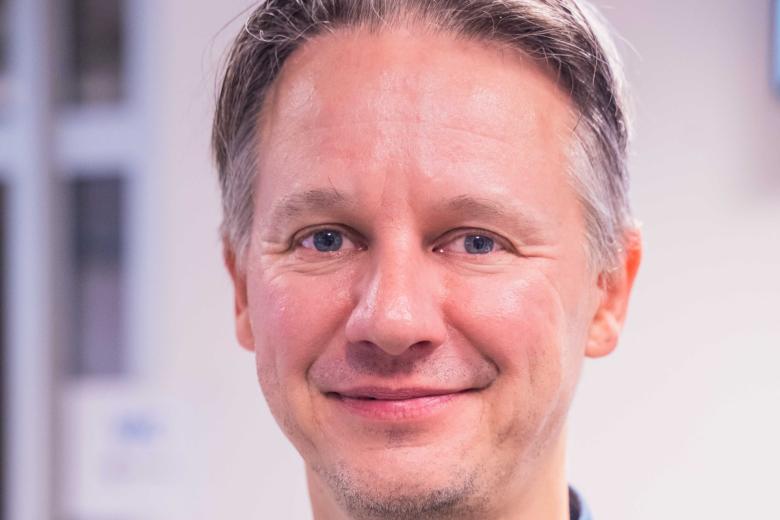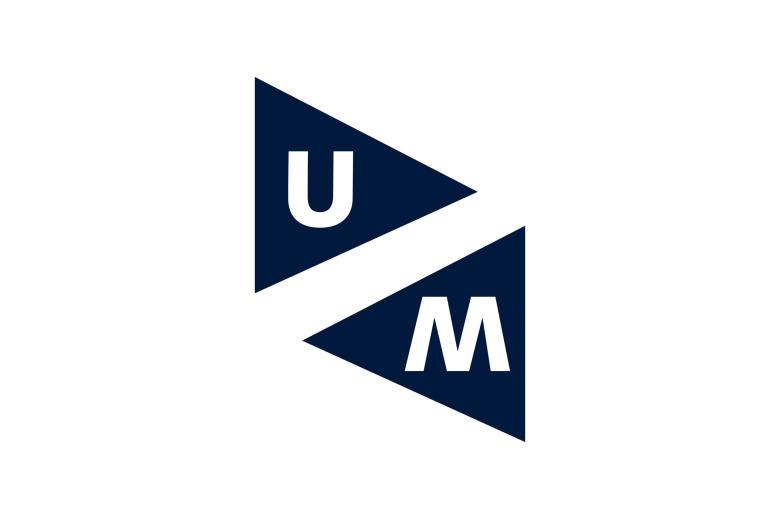11 students, 4 researchers, 3 crowdfunding campaigns
This Fall, Maastricht University’s crowdfunding platform UM Crowd supports campaigns initiated by Mathilde, Marcel, Jeanette, Erik and 11 students from the Maastricht Science Programme. Meet the campaign owners and their projects.
1. Erik Steen Redeker and 11 students – biology competition in Boston
A unique opportunity: 11 students from the Maastricht Science Programme can present their knowledge and expertise during the synthetic biology competition iGEM. This prestigious and international competition will take place November 2019 in Boston. The project that the team wants to present in Boston is the development of a tool for scientists, which can be used to recognise emerging diseases and environmental pollutants with the help of molecules.
The team wants to share the results in a new online database, accessible to scientists all over the world. As a result, we can deal with contemporary diseases and problems in a faster way. However, the students can only participate and present their ideas at the iGEM competition if they raise additional funds. In the video below, Erik Steen Redeker and students Lucie, Julian, Fenna and Ruben share their ambitions.
Contribute to this campaign
2. Mathilde Kennis - research on transgender people
“Even in 2019, transgender people are still being discriminated and not taken seriously. Through my research I want to do the opposite: see them and validate them.” This is a quote from neuroscientist Mathilde Kennis, who started a crowdfunding campaign in order to raise money for research on transgender people.
She is dedicated to explore the associations between the brain, self-concept, and (sexual) well-being of transgender participants, especially during their transition. To get a clear image of how the brain evolves during a transition, Mathilde’s team will make use of a state of the art MRI scanner. The outcomes of the studies can be of value for the development of improved (psychological) guidance of transgender people, to improve their health and happiness. The insights gained can contribute to our general understanding of this group of people, and to make another important step in increasing tolerance and ending discrimination. Watch the video below for more information.
Contribute to this campaign
3. Jeanette Tas and Marcel Aries – innovative treatment of severe brain injury
On 6 October 2019, clinical technologist Jeanette Tas won the half marathon of Meerssen. She participated in this marathon to raise awareness and money for research on brain injury. Jeanette’s and neurologist-intensivists Marcel Aries’ team is busy researching a new treatment of brain injury, which helps us to adjust the blood flow to the bruised brain in a better way. As a result, more brain cells are expected to recover during the initial period. And the more cells that heal, the less likely it is that the patient will become disabled. Every brain cell counts!
The research on the treatment itself is almost finished. But for the analysis of the research Jeanette and Marcel need additional funds. Research on brain injury is very important; every year, around 130,000 Dutch people are affected and for more than 25 years there has been no progress in the treatment. Jeanette will explain more about the research and the campaign in the video below.
Contribute to this campaign
Also read
-
Inaugural lecture Jan Willem van Prooijen
What drives people to embrace radical conspiracy theories, sometimes with far-reaching consequences for society? During his inaugural lecture on Friday 27 June, Prof. Dr. Jan Willem van Prooijen (radicalisation, extremism, and conspiracy thinking) will address this urgent question.

-
Update 25 June
Last night a UM building at the Bouillonstraat was daubed with paint and slogans. A sad expression of vandalism. UM has filed a report.

-
A night in Tehran: rose water, saffron and pistachio
Niloofar Tahmasebi Birgani, assistant professor at the MERLN research institute, was born in southern Iran. It was only when she moved to the Netherlands in 2010 for her PhD research that she began cooking for herself. Instead of recipes, she uses intuition and memory to bring her mother’s and...
